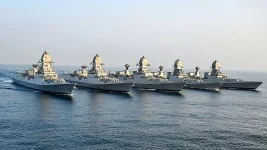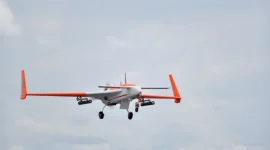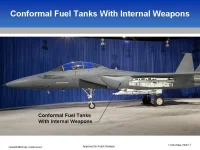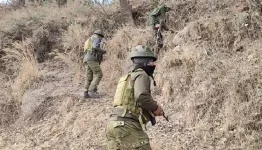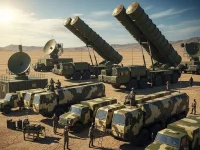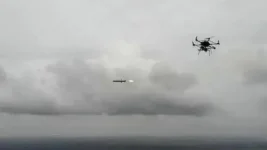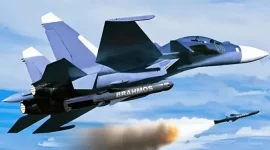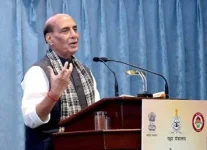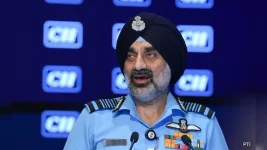- Views: 278
- Replies: 13
Following the recent successful deployment of its Rafale jets during Operation Sindoor, the Indian Air Force (IAF) is strongly advocating for a direct government-to-government agreement with France to acquire 114 additional fighters.
According to senior defence sources, this acquisition would be part of the long-pending Multi-Role Fighter Aircraft (MRFA) project, with a significant portion of the aircraft slated for domestic production through a collaboration with a foreign original equipment manufacturer.
Push for Strategic Acquisition
The IAF is reportedly preparing to present its case for the procurement to the Defence Acquisition Council (DAC) within the next two months. This first official step, known as the Acceptance of Necessity (AoN), requires the approval of the council, which is headed by Defence Minister Rajnath Singh.While the final decision rests with the government, sources indicate that the IAF has highlighted an urgent operational need for more Rafales to counteract the steady decline in its number of combat-ready fighter squadrons.
The MRFA tender, a project that has been delayed for nearly eight years, is estimated to cost over ₹1.2 lakh crore. It aims to equip the IAF with modern jets that can perform a variety of roles, including air superiority, ground attack, and reconnaissance.
Besides the Dassault Rafale, other global contenders for this massive deal have included the American F-15EX and F/A-18 Super Hornet, and Sweden's Gripen.
However, the IAF's preference for a follow-on order of Rafales stems from the logistical and training advantages of operating a single, proven platform.
The renewed push for the French-made jets comes after their extensive use during Operation Sindoor, a military engagement with Pakistan that took place from May 7 to 10, 2025. The 4.5-generation Rafales were reportedly used for precision long-range strikes during the conflict.
Addressing a Critical Shortfall
The IAF is currently grappling with a severe shortage in its fighter fleet. It operates only 31 fighter squadrons against an authorised strength of 42.5 squadrons, a number deemed necessary to effectively manage a potential two-front conflict with China and Pakistan.This gap is set to widen critically as the IAF will retire its last remaining squadrons of ageing MiG-21 aircraft next month, which will reduce its operational strength to a historic low of just 29 squadrons.
This challenge is further intensified by intelligence reports suggesting that China is preparing to supply Pakistan with at least 40 J-35A fifth-generation stealth fighters.
To maintain a technological edge, the IAF has also communicated the need to acquire two to three squadrons of foreign fifth-generation jets, such as the Russian Sukhoi-57 or the American F-35, as a stopgap measure until India's indigenous Advanced Medium Combat Aircraft (AMCA) becomes operational, which is expected around 2035.
An official source clarified, however, that no formal discussions for such a purchase have been initiated with either Russia or the United States.

